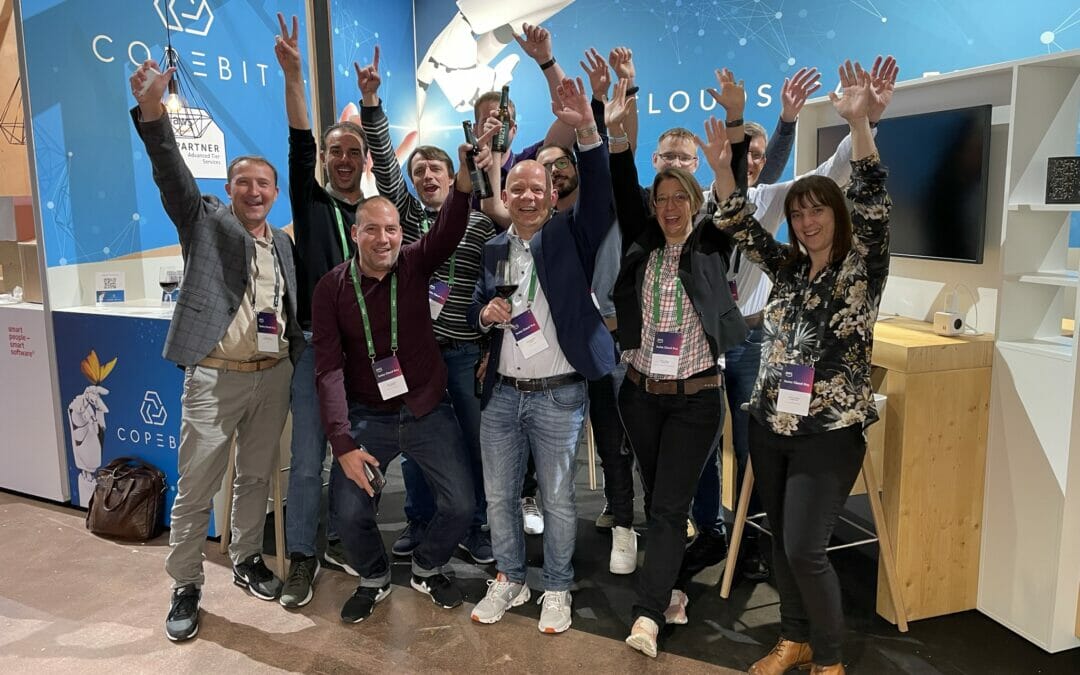
by Orlando Beiner | 16. October 2022 | Agile, Applications, AWS, Containers, Database, DevOps, Introduction, Management, ServerLess, ServerLess, Uncategorised
THANK YOU to the great copebit team, we could never have done it without all of you! We were very happy about all the cool conversations we had! Together we performed, together we had many interesting conversations and we were able to convince! Already a few weeks...

by Marco Kuendig | 5. February 2021 | AWS, Introduction
We are happy to announce a new achievement: AWS has accepted copebit as a Service Delivery Partner for EC2. AWS validates specific partners who are able to demonstrate experience and capabilities in AWS services–in this case, EC2. These partners are provided...

by Marco Kuendig | 4. January 2021 | AWS, DevOps, Introduction, Management
04th January 2021 – copebit AG has announced its latest achievement: obtaining the AWS Well-Architected Partner status. Amazon Web Services certifies copebit’s expertise in delivering Well-Architected reviews for their clients’ application workloads and new...

by Marco Kuendig | 8. June 2019 | AWS, Containers, DevOps, Introduction, ServerLess
Have you ever wondered what services are offered by the big Public Cloud providers? Have you always wanted to get learn about AWS services but felt overwhelmed by the sheer number of them? Or have you already tried AWS but were defeated by how complex they are?...

by Marc Schmuki | 5. June 2019 | AWS, Introduction
AWS has announced that it is releasing its new line of EC2 T3a instances. Powered by AMD EPYC, these instances are built using the Nitro system, much like the previous m5ad and r5ad lines. The T3a instances are designed to provide burstable computing performance while...

by Marc Schmuki | 3. May 2019 | AWS, DevOps, Introduction, Management, Performance
Imagine a company that has been using Amazon Web Services (AWS) for several years to host their applications and systems for their Internet-facing websites. Despite that length of time, they had done no assessment of their architecture. Recently, they realized that...







